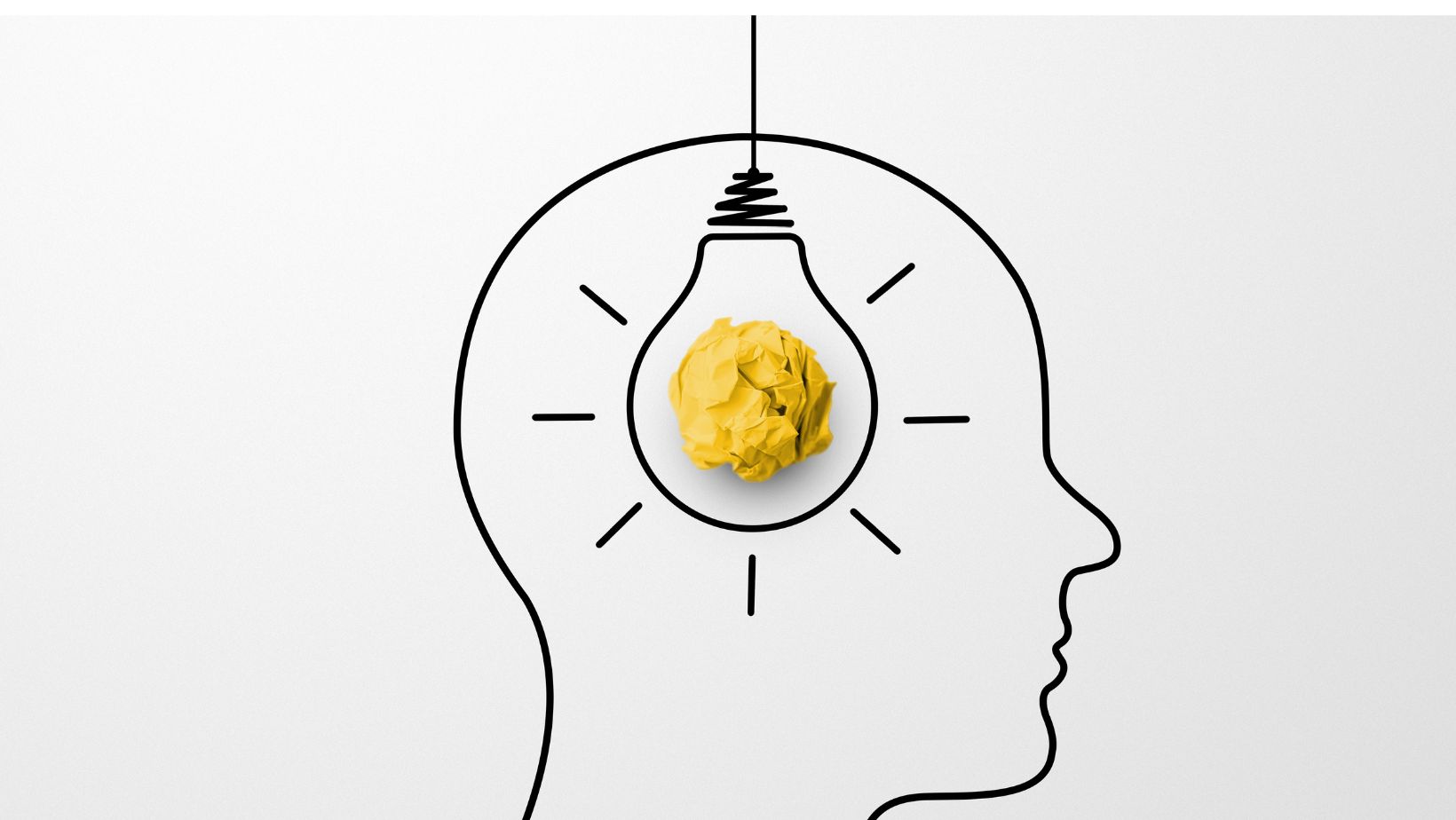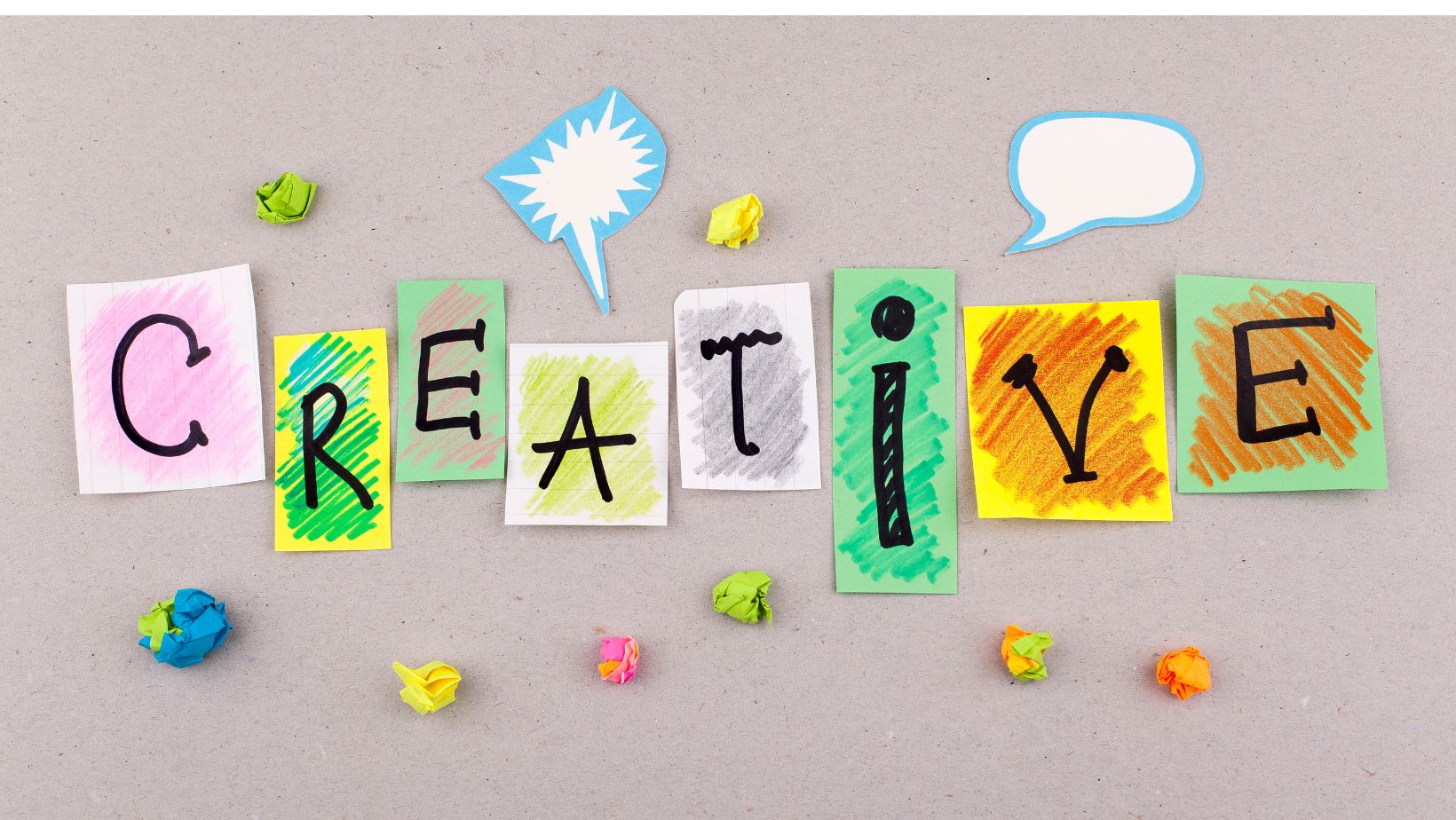Creativity skills are the secret sauce that can turn the mundane into the magnificent. Whether it’s whipping up a unique marketing campaign or finding innovative solutions to everyday problems, the ability to think outside the box is what sets the successful apart from the rest. It’s like having a superpower—only instead of a cape, you get a colorful palette of ideas.
But let’s face it, creativity isn’t just for artists and writers. Everyone can benefit from sharpening their creative skills. It’s about unlocking that hidden potential and letting imagination run wild. So, if you’ve ever felt like your brain’s been stuck in a traffic jam of ideas, it’s time to rev up those creative engines. Dive into the world of creativity skills and discover how they can transform not just your work but your entire approach to life.
Creativity Skills
Creativity skills serve as a vital asset, enriching both personal and professional dimensions of life. Developing these skills can lead to transformative experiences and outcomes.
Benefits In Personal Life
Creativity enhances problem-solving abilities and encourages innovative thinking. It allows individuals to express themselves more freely, fostering emotional well-being. Engaging in creative activities can also serve as a stress-reliever. People who cultivate creativity often experience increased happiness and fulfillment. Building social connections becomes easier through shared creative pursuits. Ultimately, creativity empowers individuals to view challenges from different perspectives.
Benefits In Professional Life
Creativity drives innovation and fuels competitive advantage in the workplace. It leads to improved collaboration and teamwork as diverse ideas emerge. Professionals who embrace creativity tend to adapt more effectively to change. Companies often experience higher employee engagement through creative initiatives. Creative problem-solvers find efficient solutions that enhance productivity. Organizations that prioritize creativity see a direct impact on growth and success.
Types Of Creativity Skills
 Understanding the various types of creativity skills helps individuals enhance their innovative capabilities. Two primary forms of creativity include divergent thinking and convergent thinking.
Understanding the various types of creativity skills helps individuals enhance their innovative capabilities. Two primary forms of creativity include divergent thinking and convergent thinking.
Divergent Thinking
Divergent thinking represents the ability to generate multiple solutions for a single problem. This skill encourages brainstorming and free association, allowing individuals to explore numerous possibilities. One example includes generating a list of unique marketing strategies for a product launch, enabling teams to evaluate various approaches. Characteristics of divergent thinking include flexibility, originality, and fluency. Those who excel in divergent thinking can approach challenges from different angles, leading to creative breakthroughs that promote innovation.
Convergent Thinking
Convergent thinking focuses on finding the single best solution to a problem. This skill relies on analytical thinking and logic, requiring individuals to evaluate options and eliminate those that do not meet specific criteria. For instance, when tasked with selecting the most effective business strategy, convergent thinkers analyze available data and prioritize viable options based on established goals. Essential traits of convergent thinking involve critical analysis, decision-making, and synthesis. Individuals skilled in convergent thinking effectively narrow down complex scenarios to arrive at optimal solutions.
How To Enhance Creativity Skills
Enhancing creativity skills involves applying specific techniques, practices, and utilizing available tools and resources. These elements contribute to developing innovative thinking and the ability to tackle challenges.
Techniques And Practices
Practice brainstorming regularly. Generating ideas without judgment promotes open-mindedness. Engage in mind mapping to visualize thoughts and connections, facilitating the flow of ideas. Allocating time for daily creative exercises fosters habit formation. Experiment with different creative mediums, including writing, painting, or music, to expand one’s mindset. Embrace challenges by stepping outside comfort zones, encouraging new perspectives. Incorporate play into routines, stimulating imagination and yielding unexpected results.
Tools And Resources
Use digital platforms like Canva or Adobe Creative Cloud to create visually appealing content. Access online courses from sites like Coursera or Udemy that focus on creativity enhancement techniques. Join local workshops or community groups to collaborate with like-minded individuals. Leverage apps such as MindMeister for effective brainstorming sessions that visualize ideas. Explore books about creativity written by authors like Elizabeth Gilbert or Julia Cameron that offer insights and exercises. Utilize tools that promote collaborative thinking, fostering an environment for innovative ideas to thrive.
Common Challenges In Developing Creativity Skills
Creativity skills face several common challenges that can hinder their development. Understanding these obstacles enables individuals to navigate through them effectively.
Mental Blocks
Mental blocks hinder the ability to think creatively. These blocks often arise from self-doubt, criticism, or overwhelming pressure. Individuals may find it challenging to generate new ideas or approaches when they feel confined by negative thoughts. Practicing mindfulness and engaging in relaxation techniques can help to alleviate these mental barriers. Regularly setting aside time for free-thinking exercises encourages exploration without fear of judgment. Embracing a growth mindset promotes resilience against these blocks.
Fear Of Failure
Fear of failure stifles creativity for many individuals. When the possibility of making mistakes looms large, the desire to innovate diminishes. Individuals might avoid taking risks or trying new things due to this fear. Cultivating a supportive environment where experimentation is encouraged fosters creative exploration. Celebrating small achievements reinforces confidence, helping to diminish the weight of failure. Shifting perspectives on failure as a learning opportunity rather than a setback can significantly enhance creativity skills.
Creativity skills are essential for personal and professional growth. By embracing these skills individuals can unlock new ways of thinking and problem-solving. The journey to enhance creativity involves overcoming mental barriers and fostering a supportive environment that encourages exploration and experimentation.
Incorporating techniques like brainstorming and mind mapping can lead to significant breakthroughs. As individuals invest time in developing their creative abilities they not only enrich their own lives but also contribute to a more innovative and collaborative workplace.
Ultimately nurturing creativity is about more than just artistic expression; it’s a powerful tool that can transform challenges into opportunities and elevate everyday experiences into extraordinary achievements.

